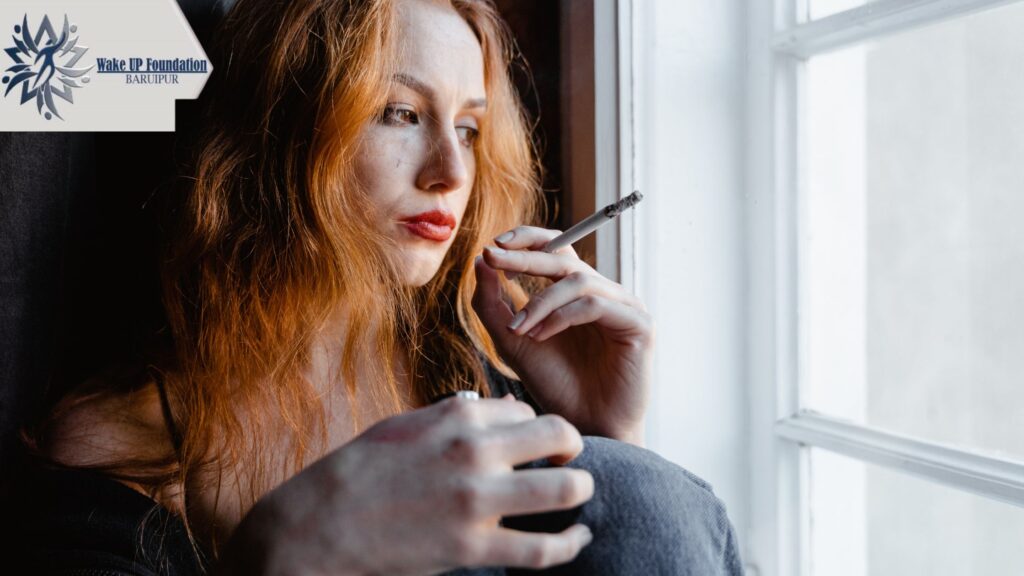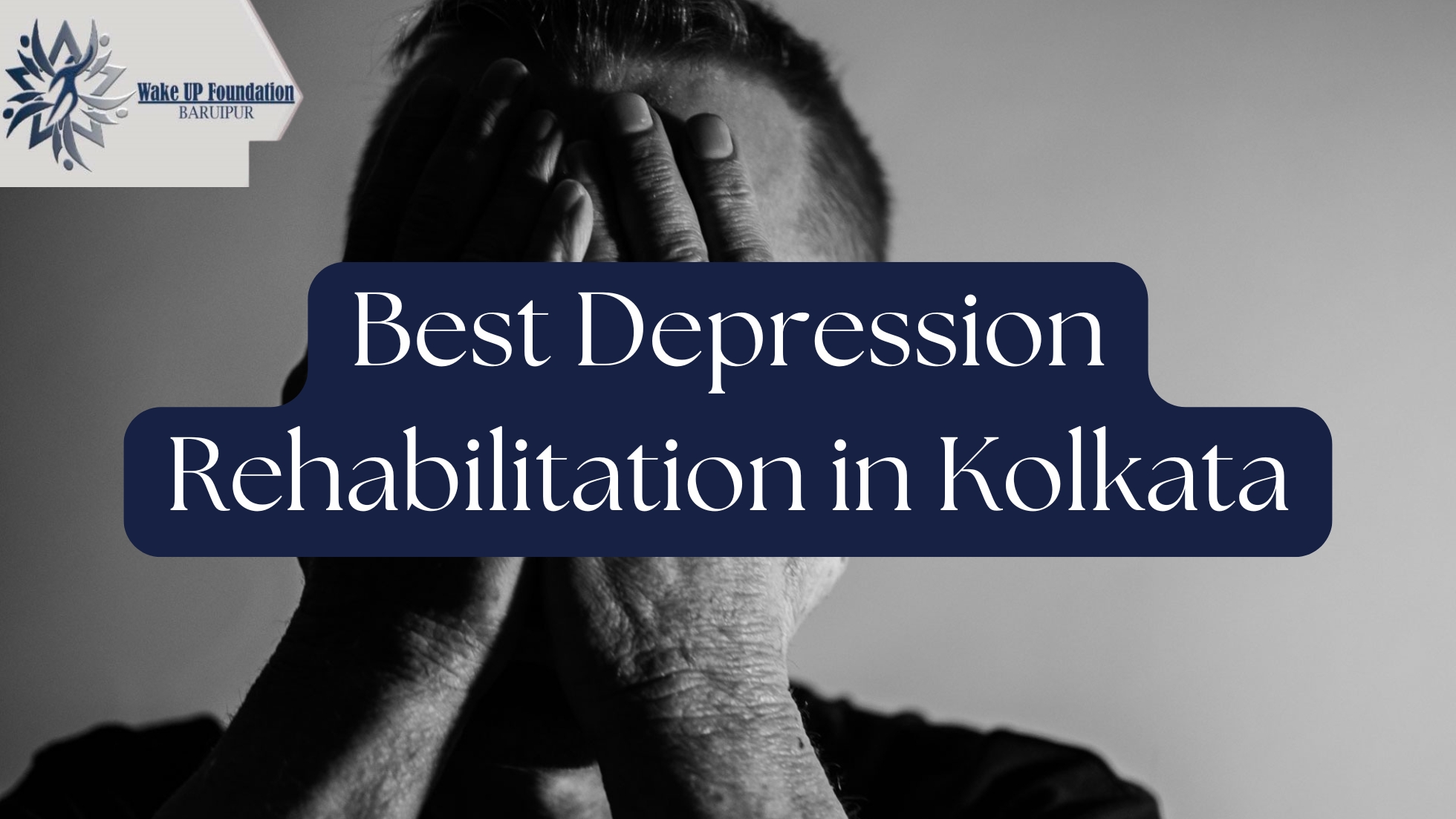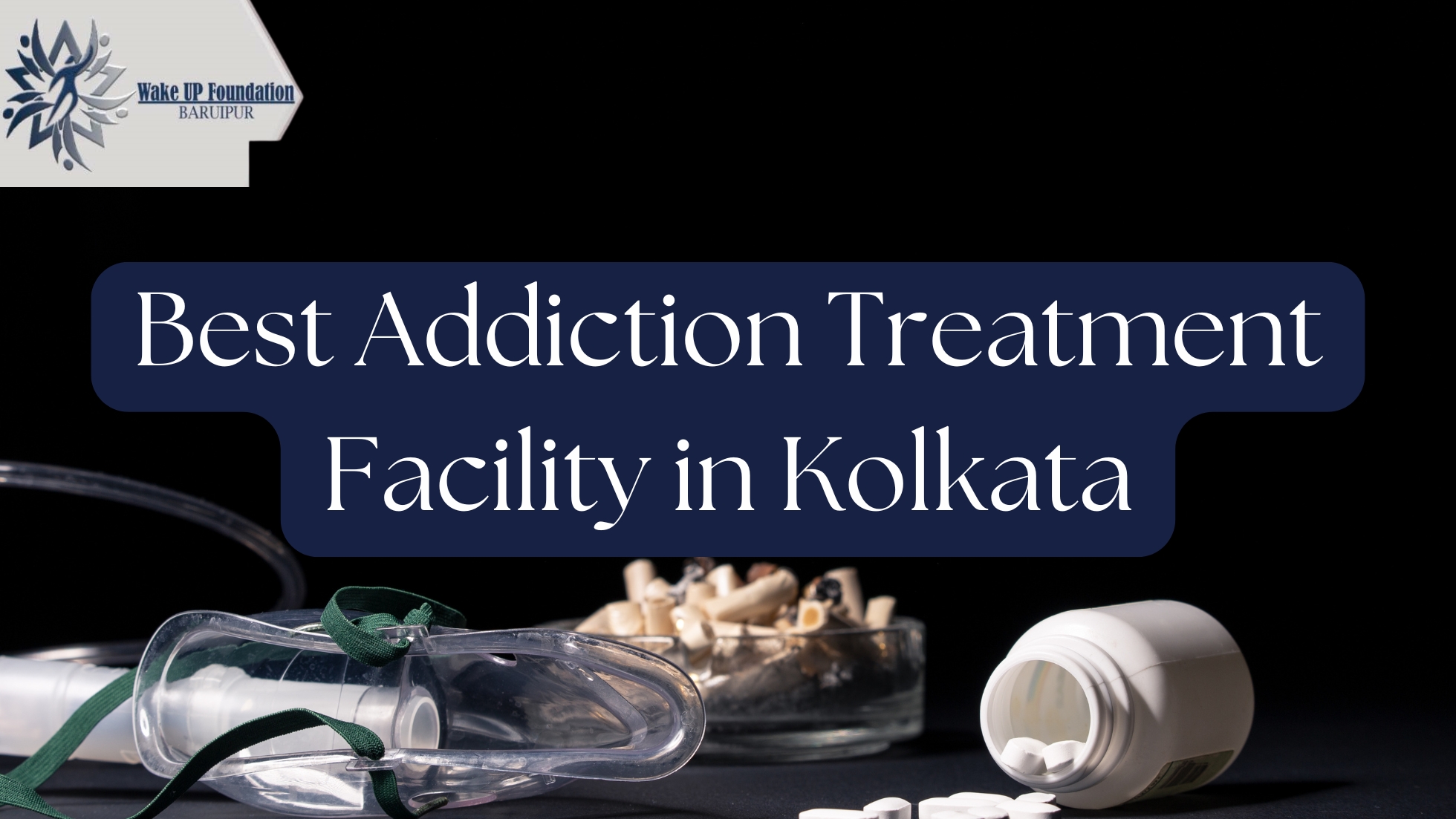Psychosocial rehabilitation in Baruipur plays a vital role in empowering individuals with mental health challenges to reclaim their independence and enhance their overall quality of life. The demand for these services continues to grow as an increasing number of people acknowledge the significance of mental health and seek assistance for themselves or their loved ones.
At Wake Up Foundation, we are dedicated to leading the charge in providing comprehensive support and guidance, helping individuals overcome their struggles and rediscover a fulfilling life. Through this blog, we aim to delve into how we assist the people of Baruipur in their fight against mental illness and how to take the right steps to a possible cure.
Key factors that contribute to psychosocial issues
| Cause | Impact |
|---|---|
| Biological Factors | Genetic predisposition to mental health conditions increases risks, while imbalances in brain chemistry and neurotransmitters contribute to psychological disorders. |
| Psychological Factors | Negative thought patterns, low self-esteem, and difficulties in stress management can lead to various psychosocial challenges. |
| Social Factors | Poverty, social discrimination, isolation, and lack of support networks significantly undermine mental health and well-being. |
| Life Experiences | Traumatic events, neglect, abuse, or major life changes, such as bereavement or job loss, play a critical role in the development of psychosocial problems. |
How Bad is the Situation and What Do the Numbers Say?
Mental health disorders continue to pose significant challenges worldwide, impacting millions of lives. These statistics underscore the urgent need for robust mental health interventions, accessible support systems, and widespread awareness campaigns. That is why the best Psychosocial Rehabilitation centre in Baruipur, Wake Up Foundation, is taking the necessary steps. Here’s a concise summary of the information:
Global Mental Health Statistics:
- Prevalence: One in five individuals shows signs of mental illness, amounting to 970 million affected globally.
- Early Onset: Half of mental health conditions begin by age 14, and three-quarters by age 24.
- Mortality: Mental illnesses contribute to 8 million deaths annually, representing 14.3% of global deaths.
- COVID-19 Impact: Anxiety and depression diagnoses increased significantly post-pandemic.
Depression and Anxiety:
- Depression: Around 193 to 246 million people globally (~28%) report depressive symptoms.
- Anxiety Disorders: Cases rose by 25%, now affecting 374 million individuals.
Mental Health in India:
- Affected Population: Between 60–70 million people experience common and severe mental disorders.
- Suicide Rates: India records over 260,000 suicides annually, with an average rate of 10.9 per 100,000 people, one of the highest worldwide.

Benefits of Psychosocial Rehabilitation in Baruipur
Mental Health treatment is the biggest benefit of psychosocial treatment as it can improve the state of the mind of the addicted. These programs are tailored to treat a variety of mental health conditions, including depression, anxiety, schizophrenia, and bipolar disorder. By providing a structured environment with therapy, counseling, and professional support, individuals can manage symptoms, alleviate stress, and enhance their overall mental well-being. But there are many more programs carried out in the best psychosocial rehabilitation in Baruipur. Let’s have a look at them:
- Enhanced Social Skills
A key goal is to help individuals develop communication, problem-solving, and conflict-resolution skills. Through group therapy and social activities, participants practice these abilities in a supportive setting, fostering better relationships, boosting confidence, and improving self-esteem. - Increased Independence
These programs emphasize teaching essential life skills, such as cooking, budgeting, and time management, enabling individuals to care for themselves more effectively. This newfound independence enhances their sense of accomplishment and self-worth. - Better Employment Opportunities
Vocational training and job placement services help participants re-enter the workforce, particularly those affected by prolonged unemployment due to mental health issues. By learning new skills and finding meaningful work, individuals improve their financial stability and overall quality of life. - Stronger Support Networks
Programs often include family members and other support systems to create a robust network for recovery. Family counseling educates loved ones about mental health and fosters understanding, while participants benefit from connecting with others who share similar experiences. - Reduced Hospitalizations
With ongoing support, individuals can better manage symptoms and prevent crises, reducing the likelihood of hospitalization. This enhances their quality of life while also easing the burden on healthcare services. - Holistic Approach to Treatment
By addressing physical, emotional, mental, and social well-being, these programs take a comprehensive approach, ensuring lasting and effective recovery.
What are the Possible Cures for Psychosocial Horrors?
Unfortunately, there is no one-size-fits-all “cure” for psychosocial problems. However, there are a number of effective treatments and interventions that can significantly improve the quality of life for individuals facing these challenges. Here are some key approaches that we utilize at Wake Up Foundation:
| Therapy | Process |
|---|---|
| Psychotherapy | Cognitive-Behavioural Therapy (CBT): Helps identify and change negative thoughts and behaviors. Dialectical Behavior Therapy (DBT): Teaches coping skills for managing stress, emotions, and relationships. Interpersonal Therapy (IPT): Focuses on interpersonal issues, aiming to enhance communication and relationships. |
| Medication | Antidepressants: Treat depression and anxiety disorders. Antipsychotics: Manage schizophrenia and bipolar disorder symptoms. Mood Stabilizers: Balance mood swings in bipolar disorder. |
| Psychoeducation | Educates individuals and families about mental health conditions, treatments, and coping strategies. Reduces stigma and improves outcomes. |
| Support Groups | Provide a space for sharing experiences, receiving support, and learning from peers with similar challenges. |
| Vocational Training | Equips individuals with employment skills, fostering independence and boosting self-esteem. |
| Social Skills Training | Develops social skills for better interactions and relationships. |
| Holistic Approaches | Mindfulness & Meditation: Reduce stress and enhance mental well-being. Exercise & Nutrition: Physical activity and balanced diets positively impact mental health. |
| Assertive Community Treatment (ACT) | Involve family members to strengthen communication and support within the family. |
| Family Therapy | This therapy involves family members to strengthen communication and support within the family. |
| Crisis Intervention | Immediate support during mental health crises to stabilize individuals and prevent harm. |
Wake Up Foundation Provides the Best Psychosocial Rehabilitation in Baruipur
Wake Up Foundation’s dedication to psychosocial rehabilitation in Baruipur seems like a transformative service for mental health care. Initiatives like these not only enhance individual well-being but also strengthen the social fabric by promoting inclusivity and understanding. Our holistic approach—combining mental health improvements, social skills development, employment opportunities, and community support—has the potential to empower individuals and help them regain their independence. With growing mental health awareness and the need for more resources, our role has become even more critical. We are also stepping up our efforts to meet the increasing demand and bring the world to a better and safer place.
FAQs
- What is psychosocial rehabilitation?
- Psychosocial rehabilitation helps individuals with mental health conditions regain skills, confidence, and independence to live meaningful and productive lives within their communities.
- Who can benefit from psychosocial rehabilitation programs?
- These programs are designed for individuals experiencing mental health challenges such as schizophrenia, bipolar disorder, depression, or anxiety who may struggle with daily functioning or social integration.
- What services are typically offered in psychosocial rehabilitation?
- Common services include therapy, vocational training, social skills development, support groups, psychoeducation, and holistic approaches like mindfulness and exercise.
- How does psychosocial rehabilitation differ from traditional therapy?
- While traditional therapy focuses primarily on mental health treatment, psychosocial rehabilitation takes a broader approach, addressing practical, social, and occupational aspects of an individual’s life.
- Are psychosocial rehabilitation services available for families as well?
- Yes, many programs offer family therapy and support to help improve communication, understanding, and collaboration within the family unit.





